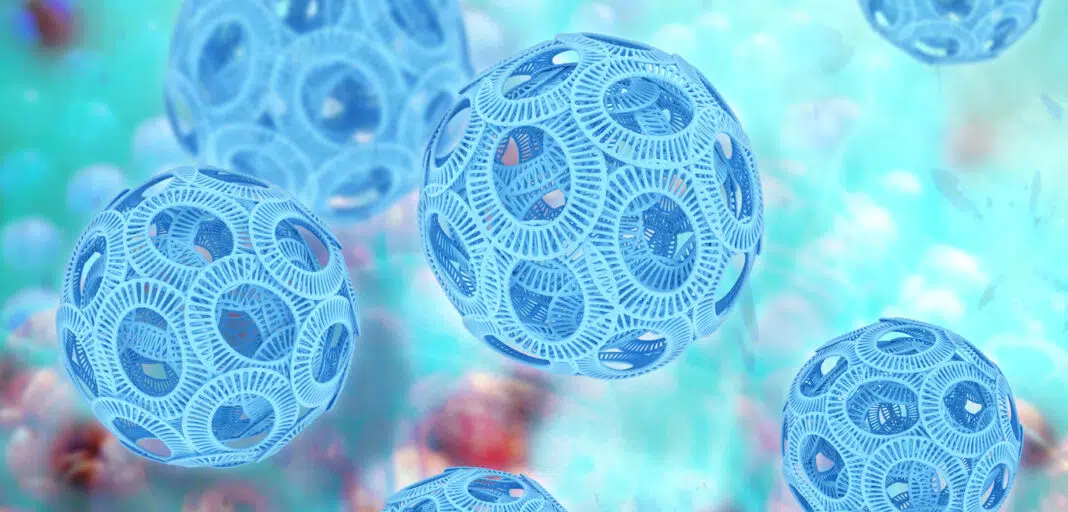Scientists at Oak Ridge National Laboratory have shown that some phytoplankton species may offer a solution to the methylmercury problem in our waterways.
Sadly, methylmercury is prevalent in many waterways worldwide. Furthermore, this potent neurotoxin has been shown to make its way to humans via the fish they consume.
However, researchers have found that certain phytoplankton species can degrade this powerful compound. What’s more, they don’t need sunlight to detoxify the mercury and can do so in the dark.
Commenting on the work, Baohua Gu from Oak Ridge National Laboratory stated:
“We already knew that bacteria and photochemical processes can demethylate methylmercury, but we proved that phytoplankton alone could do the job.”
While Alex Johs, also from the Laboratory, added:
“The global mercury cycle is very complex, with lots of reactions taking place. Here we’ve discovered a new mechanism that can be used to improve the prediction and accuracy of mercury-cycling models to better assess risks to human health and the environment.”
You can find the original research here.

